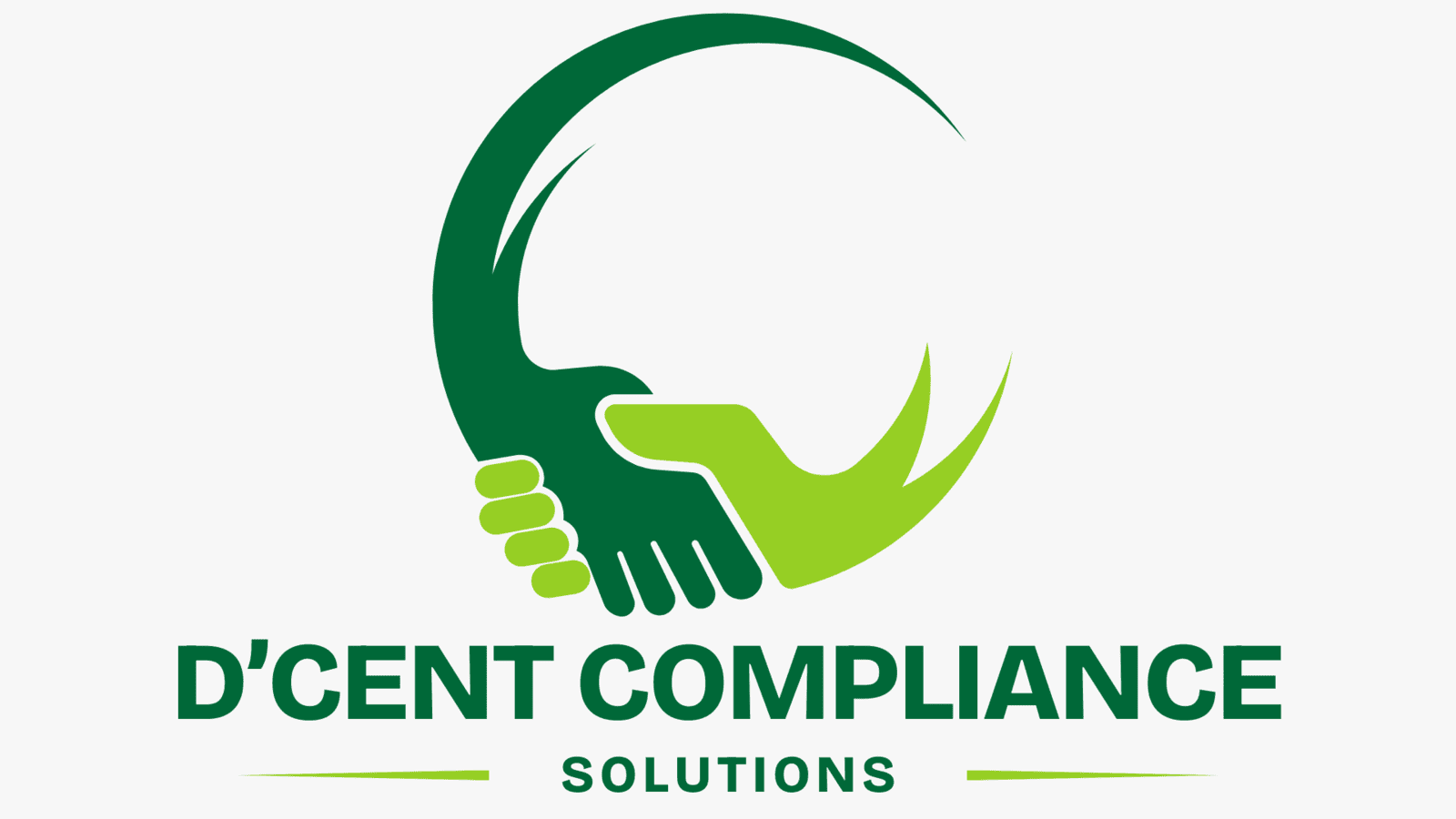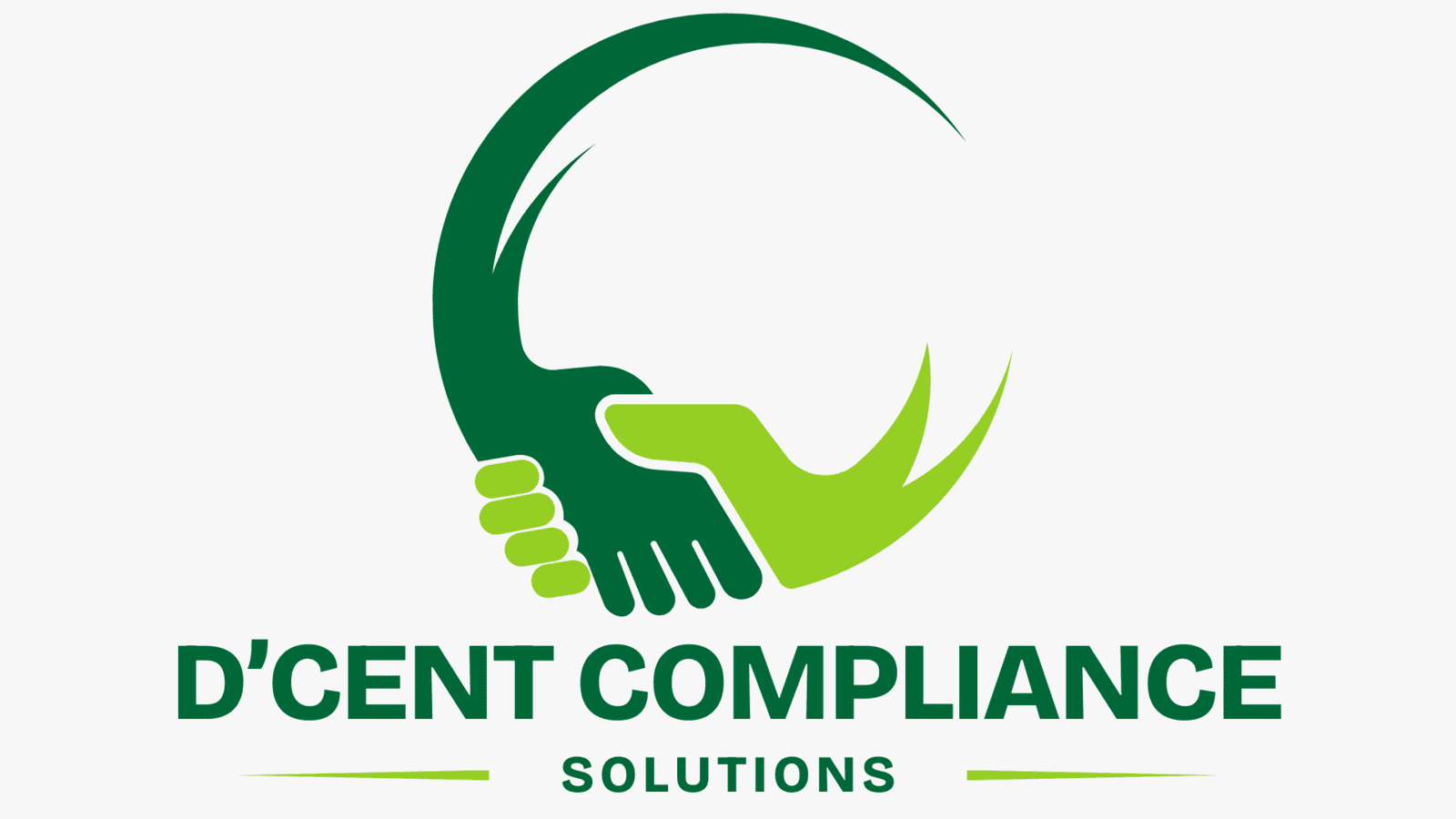EPR Registration Battery Waste
Introduction :
The Battery Waste Management Rules (2022) govern the management of battery waste in India, including both lead-acid and lithium-ion batteries, which are commonly used in various electronic devices, vehicles, and other applications. The rules enforce EPR obligations to ensure that battery producers manage the end-of-life (EOL) phase of their products responsibly.
Benefits of EPR for Battery Waste :
- Environmental Protection:
- Proper disposal and recycling of batteries prevent harmful chemicals (such as lead and mercury) from contaminating the environment.
- Sustainability:
- EPR encourages recycling and the recovery of valuable materials from used batteries, helping create a more sustainable circular economy.
- Regulatory Compliance:
- Compliance with the EPR regulations ensures that producers avoid penalties and remain aligned with Indian environmental laws.
- Corporate Responsibility:
- By managing battery waste responsibly, companies can enhance their corporate reputation, demonstrating their commitment to environmental sustainability.
- Consumer Trust:
- Companies involved in recycling and reducing environmental impact can gain trust from consumers who are increasingly concerned about sustainability.
Process :
CPCB Registration > Develop EPR Plan > Partner with Recyclers > Applying online application > waiting for processing > Issuance of EPR Certification
Ongoing Compliance > Adherence to Recycling Targets > Collection and Recycling of Plastic Waste > Maintaining Plastic Waste Collection Systems > Annual Filling
Documents required for Battery EPR :
Required Documents
• Company GST, IEC, PAN, CIN Certificate (if applicable).
• Cooperate Address, if any.
• PAN of the authorized signatory.
• Import sales data for the products imported in last 10 years.
• Website Link of the Company.
• Toll free no. of the Company.
• Associated PRO, Logistic and Recycler Partner details.
Validity :
EPR certification for battery waste is valid for 5 years. It can be renewed after summiting the applicable fees.

